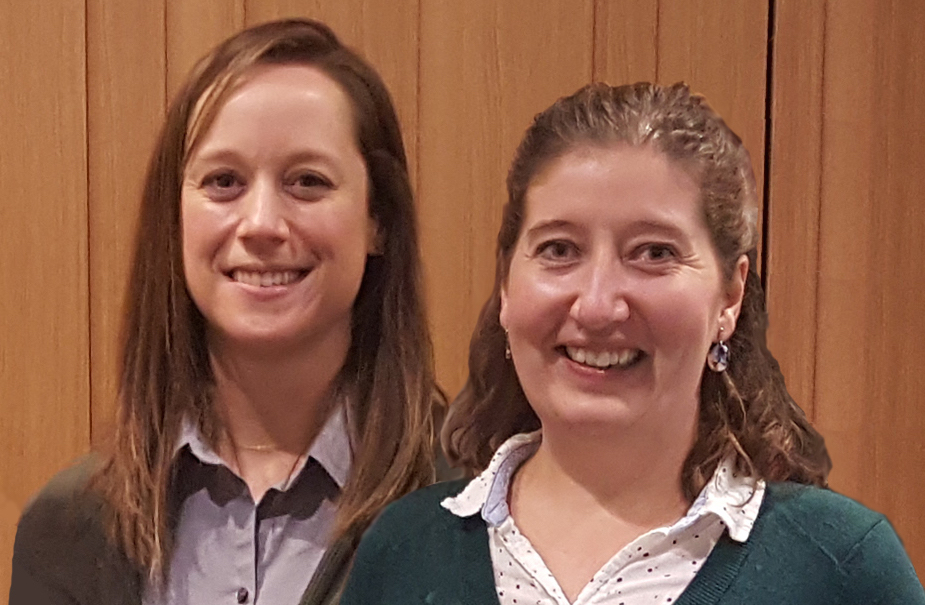13 Nov Two Perspectives on the National GPA Conference by Whitney Gray, GPC and Leah Hyman, GPC
Posted at 17:18h
in Competency Seven, Leah Hyman, Professional Development, Professionalism, Whitney Gray, GPC
Last week, I (Whitney) had the opportunity to attend the Grant Professionals Association’s national conference in Seattle, Washington. This is my 9th national GPA conference. I’m a GPC, a GPA Approved Trainer, and I’ve presented at multiple national GPA conferences on the topic of grantsmanship...





